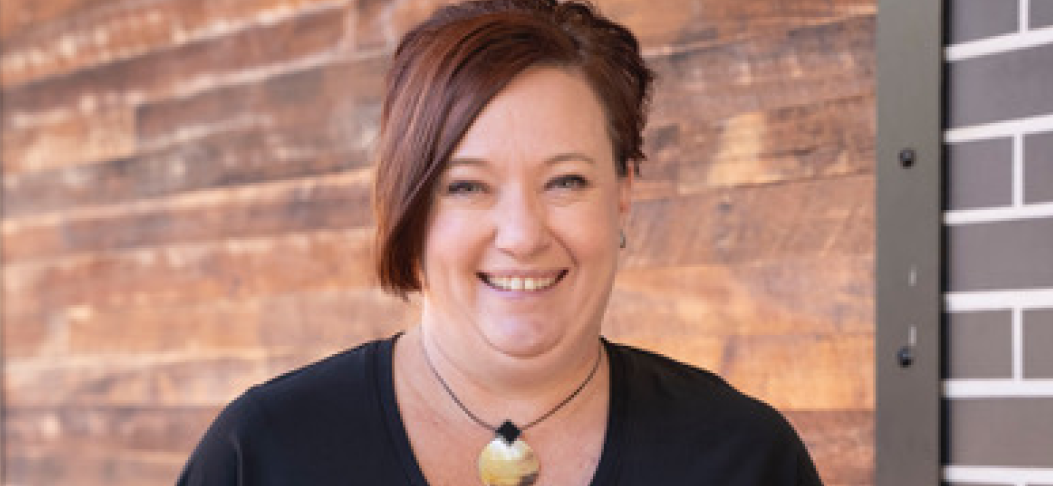Despite the challenges of caring for her three children, Mel has found numerous ways to cope. “I used to write scripts of all the things I needed to speak about. When you have to explain your situation to someone you will get emotional, but having that little script allowed me to take away the pressure. It helped me to focus, to stay on topic and remember everything that I needed to get out of the situation.”

Mel is a carer for her children, Lana 21, Flynn 19 and Hope 16, all three of whom have a diagnosis of Autism and other mental health conditions. All three are vastly different, and what works for one doesn’t work for the others. The family’s life is chaotic and very busy.
“When my son Flynn was first diagnosed, no one believed him,” Mel says. “They just dismissed him as naughty, telling me that he would grow out of his behavioural problems. I realised as things progressed that I needed to advocate for my family.”
Autism can be a hidden disability, with limited physical symptoms. This means people in the community can often fail to understand the challenges faced by them or their carer.
“I have to work very hard to educate teachers about the challenges my children face,” Mel says. “Getting them to see that, for example, my child cannot process 45 minutes of instructions in one session. To explain that they are not ‘acting out’, but are feeling overwhelmed by information.”
While advocating for her children has become easier for Mel over time because of the supports and services she has been able to access, as well as better understanding her children’s diagnoses, in the beginning things were more difficult.
“Their behaviour could be so unpredictable,” Mel says. “My husband and I couldn’t go out to dinner, or visit friends, we couldn’t even leave the house because we didn’t know what would happen or how to cope with it. And as I reflect back, I didn’t have the skills to best support my children to go out.”
Over time Mel and her family have learnt how to manage their lives in relation to the diagnoses. However, it took some time to understand how to navigate the support systems that are available to carers.
“Asking for help, you have to bare your soul and admit that you are struggling, often to a complete stranger,” says Mel. “I would make one phone call, and then end up in bed for the whole day feeling depressed. Sharing my situation, the fear of confronting how challenging it was to deal with a system that didn’t support my children, left me shattered.”
Despite these challenges, Mel found a way to cope. “I used to write scripts of all the things I needed to speak about. When you have to explain your situation to someone you will get emotional but having that little script allowed me to take away the pressure. It helped me to focus, to stay on topic and remember everything that I needed to get out of the situation.”
Many years on, Mel has learnt to trust her instincts. She trusts that she knows her children better than anyone, and can articulate their needs in order to advocate for them.
“I have to celebrate the wins in our lives,” she says. “If my kids get up every day and go to school that is a win for us. It might seem small, but to know that my kids are getting the support they need to live their lives is what is most important.”
Mel also advocates for the importance of positive peer support. “Connecting with carers who are on a similar path to you is a huge help. My challenges are more behavioural. Sometimes the challenging behaviour is in public places in front of people who don’t understand that there is a reason behind their behaviour. It’s easy to feel judged in those situations and I need a safe space to share my feelings.”
As a result of her experiences and with help from another carer, Mel has started an autism peer support group called Different Journeys. She says that it has led her on a different path. “We are now involved in helping other carers in similar situations,” she says. “I have found this to be incredibly rewarding.”
Mel’s advice for others starting the caring journey is that there is a lot of help out there. “Ask for help. Connect with a support group. Celebrate the small wins,” she says. “And sometimes if you see that the person you are caring for is happy, healthy, contented and accessing a life that they want, then you are doing a great job.”
 Free Call 1800 514 845
Free Call 1800 514 845
 Contact Us
Contact Us
